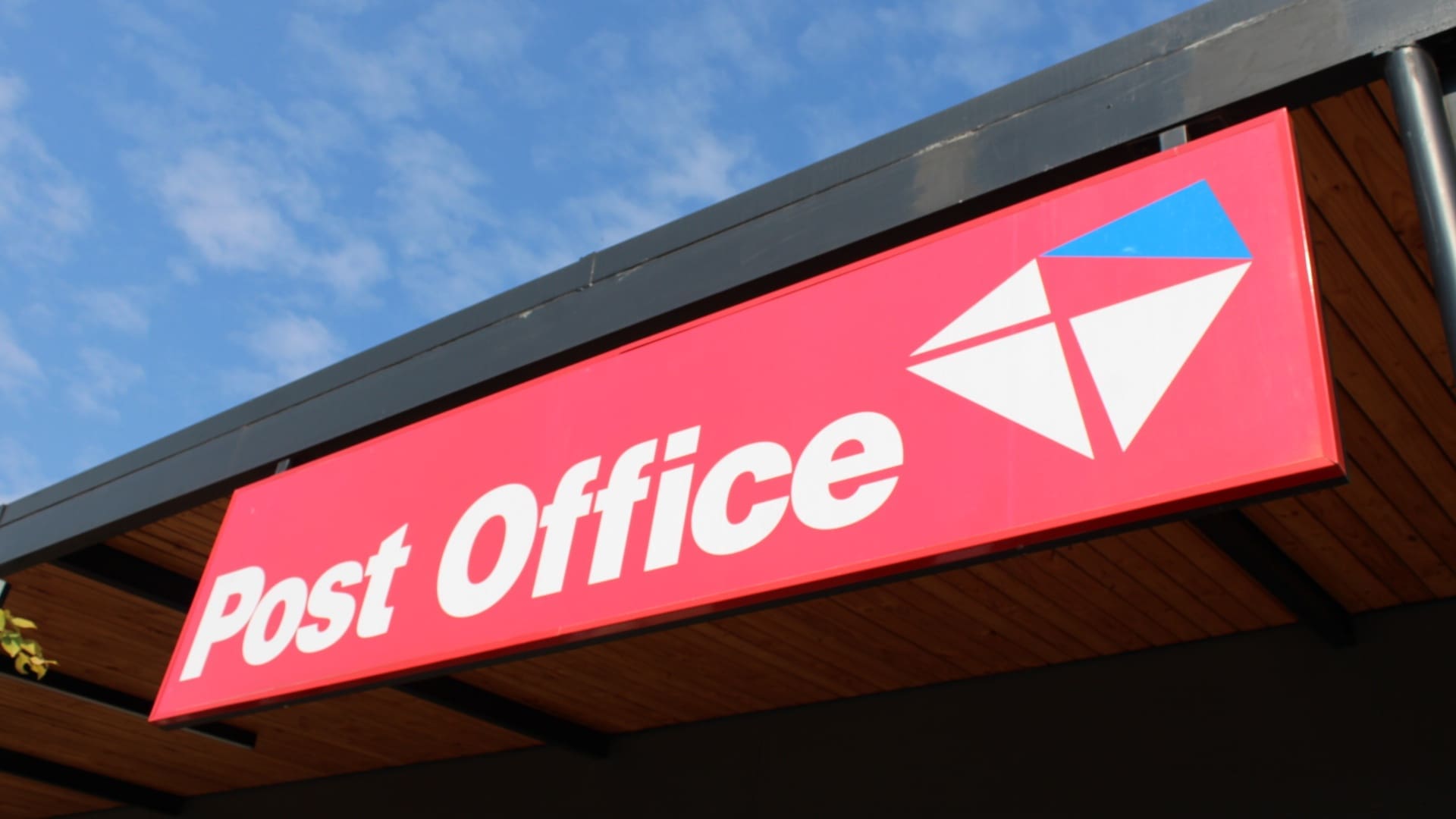In October, Communications Minister Solly Malatsi said that his department was seeking help from Treasury to find private companies to partner with the South African Post Office (SAPO) and hopefully pull the ruined institution from the ashes of business rescue.
“This will enable serious consideration of privatisation scenarios as a preferential option to further funding from the fiscus,” said the minister in a speech.
“The goal is to modernise SAPO’s operations, drive innovation, and increase its competitiveness.”
One company has been trying in vain since 2016 to do just that and claims to have been avoided, ignored and seemingly ghosted at every turn by SAPO.
This is Registered Communication (RegCom) whose operations director Brad Gilmour told Hypertext that it wasn’t just the abject chaos of the Post’s many leadership changes throughout the years that hampered potential digitisation efforts, but a resistance from the government entity to partner with a private business.
Gilmour says that RegCom offers a product that is “very niche and very important to the Post Office and credit industry.” His company does electronic registered mail – registered mail is the sending of important legal documents, usually for the South African credit industry and courts.
Previously, registered mail would be dispatched and delivered physically.
“A legal letter that gets sent to the post office by an individual, it gets a reference number and a track and trace number it then gets into a car, then into different post offices – it gets barcoded and tracked.”
However, because of SAPO’s operational difficulties over the years, this physical process could take anywhere between 10 days to six months for important legal documents to arrive. Gilmour tells us that SAPO’s “physical side” has been “under pressure since early 2016 due to deliveries taking too long.”
Kicked the can down the road
RegCom approached SAPO, first in 2016 and then multiple times over the years, with various proposals to digitise the entity’s physical registered mail, cutting delivery time from six months to 72 hours.
“Our initial proposal was ‘Take us on. Let us run with you on a digital strategy, we can almost be the digital post side of the post office.'”
“We have the expertise in that area, they have the badge and we can leverage off each other in the partnership.”
Different approaches and offers have been made by RegCom since then, changing and adjusting as SAPO underwent leadership turbulence across its departments. Some proposals were adopted, but only in part while others were ignored altogether, Gilmour says.
“[The Post Office] have tried with three different initiatives to launch a digital transformation to no avail. It has never gained any traction for themselves,” he says.
And it wasn’t just electronic registered mail that RegCom offered, but also offers to assist SAPO with data verification, data enrichment and electronics statements.
“They just kicked the can down the road. Over a period of time, they were excited, we had engagements, we met. We had a partnership at one point that saw us conduct a proof of concept that was quite successful but then there were changes in the Post Office management so this didn’t carry on.”
Gilmour tells us that the Post Office never gave a valid reason for why it didn’t want to take on a partnership with RegCom. “There has never been a counter or discussion.”
The Post Office has “no real intent to work with private partners”
In the last six months. Regcom has once again approached SAPO now that it was engaged in business rescue. The company believed there would be a bigger focus on business and generating revenues to keep the Post afloat.
“But again there seemed to be some stumbling blocks internally and we kept being pushed aside.”
RegCom has dealt with the multiple Heads of Sales at the Post Office since 2016, sometimes even directly with the Board of Directors, sometimes with the CEOs – there have been two since 2016 – all the while leadership positions shifted and changed making it difficult to lock down a partnership.
“The chaos is part of the problem,” Gilmour tells us. “The other side is that there is no real intent to work with private partners.”
“We think that there’s lots of publicity about private partnerships but there is no real intent.”
The R3.8 billion bailout SAPO’s business rescue practitioners asked of Treasury was denied in October, and yet, per ITWeb, the “day-zero” scenario they had threatened had not come to pass, and the Post Office is still limping along.
However, there is no promise that this day-zero may not come at a later stage, as there currently doesn’t seem to be a stable and reliable plan in place to save the Post Office. This puts other industries at risk.
“The credit industry has the potential to crash, in our little niche, if there is no electronic delivery of registered communications,” Gilmour adds. It seems SAPO will be left behind.
“The courts are already moving to electronic channels. Digital is the way to go.”

